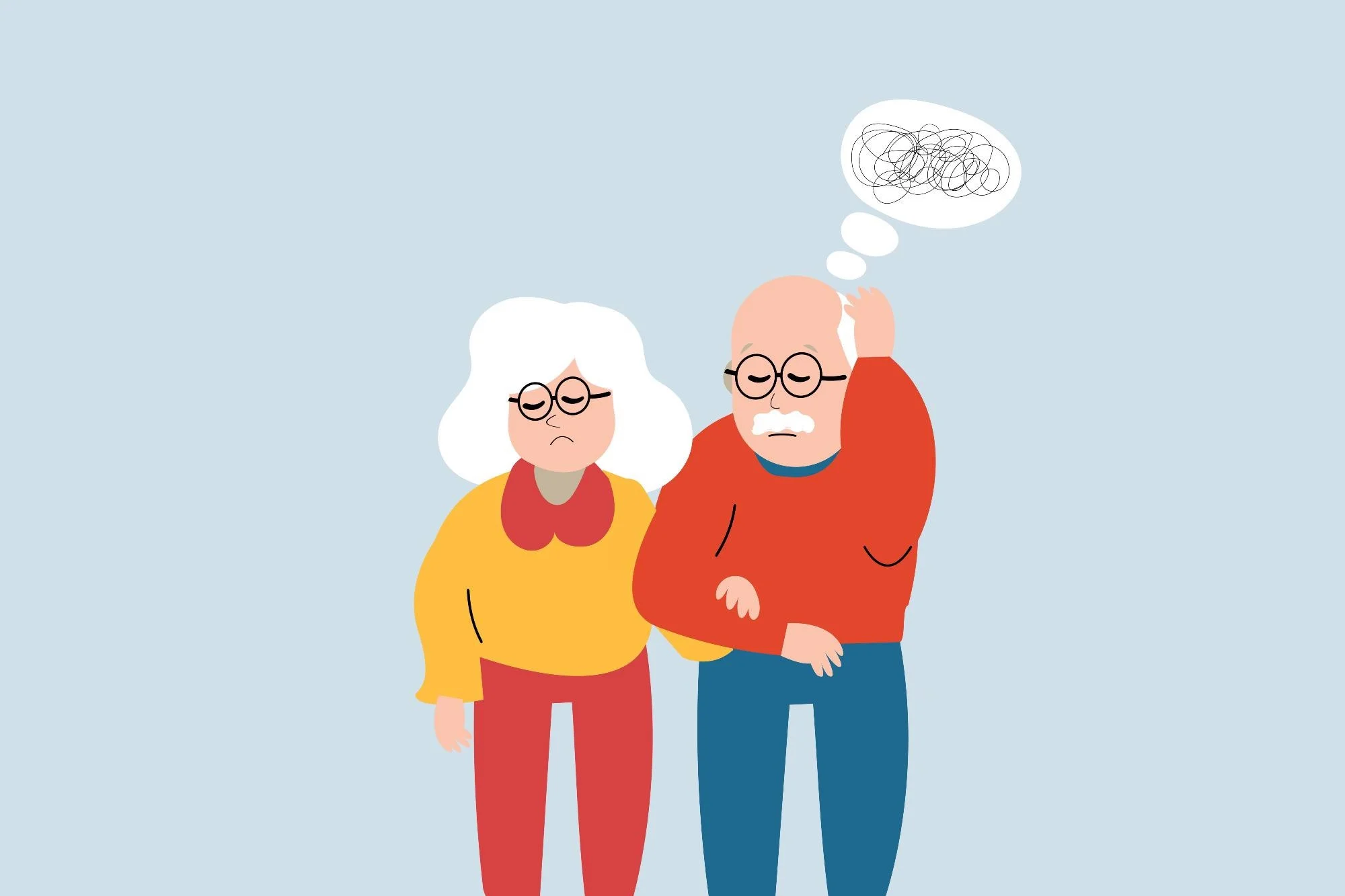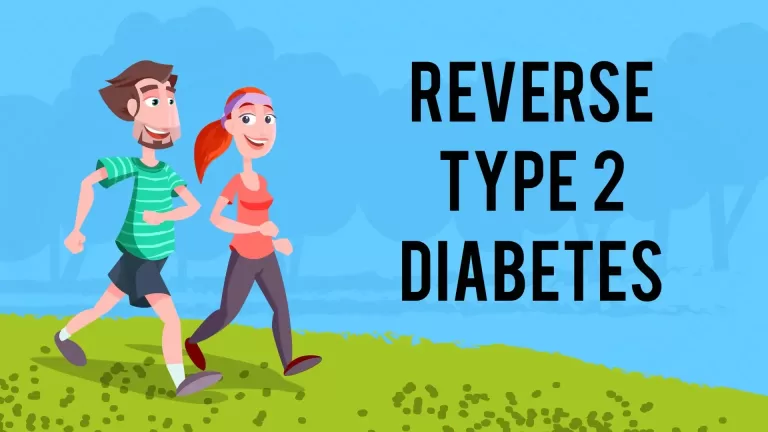
Dementia: Types, Effects & Support
This page may contain affiliate links. If you choose to purchase after clicking a link, I may receive a commission at no extra cost to you.
There are many different types of dementia, but the most common include:
- Alzheimer’s disease: Alzheimer’s is the most common type of dementia, accounting for about 60-80% of all cases. It is caused by a buildup of amyloid plaques and tau tangles in the brain, which damage and kill nerve cells. The effects of Alzheimer’s disease can vary from person to person, but they typically include memory loss, difficulty with problem-solving and language, and changes in personality and behavior.
- Vascular dementia: Vascular dementia is caused by damage to the blood vessels that supply blood to the brain. This can be caused by stroke, high blood pressure, diabetes, and other cardiovascular conditions. The effects of vascular dementia can also vary from person to person, but they typically include problems with thinking, memory, and judgment.
- Lewy body dementia: Lewy body dementia is caused by abnormal deposits of a protein called alpha-synuclein in the brain. These deposits can damage nerve cells and lead to a variety of symptoms, including memory loss, visual hallucinations, problems with movement, and sleep disturbances.
- Frontotemporal dementia: Frontotemporal dementia is a group of disorders that affect the frontal and temporal lobes of the brain. These lobes are responsible for personality, behavior, language, and decision-making. The effects of frontotemporal dementia can vary from person to person, but they typically include changes in personality and behavior, difficulty with language, and problems with thinking and judgment.
Other types of dementia include:
- Mixed dementia: Mixed dementia is a combination of two or more types of dementia, most commonly Alzheimer’s and vascular dementia.
- Normal pressure hydrocephalus: Normal pressure hydrocephalus is a condition in which cerebrospinal fluid builds up in the brain, causing pressure and damage.
- Posterior cortical atrophy: Posterior cortical atrophy is a rare type of dementia that affects the occipital and parietal lobes of the brain. These lobes are responsible for vision, spatial awareness, and language processing. The effects of posterior cortical atrophy can include difficulty with reading, writing, and performing other visually demanding tasks.
Dementia can have a devastating impact on people’s lives. It can make it difficult or impossible for them to work, manage their finances, and care for themselves. It can also lead to social isolation and depression. Changes in personality and behaviour, can also make it difficult to maintain relationships.
There are many resources available to help people with dementia and their caregivers. Here are some contact options (USA):
- Alzheimer’s Association: The Alzheimer’s Association is a leading organization that provides support and resources for people with dementia and their caregivers. They have a 24/7 helpline (1-800-272-3900) that can provide information and support.
- Alzheimer’s Foundation of America: The Alzheimer’s Foundation of America is another leading organization that provides support and resources for people with dementia and their caregivers. They have a website with a wealth of information, as well as a helpline (1-866-232-8484).
- National Institute on Aging: The National Institute on Aging is a government agency that provides information and resources on dementia and other age-related conditions. They have a website with a wealth of information, as well as a toll-free hotline (1-800-677-1116).
- Local Area Agencies on Aging: Local Area Agencies on Aging are government agencies that provide services to seniors and their caregivers. Many LAs on Aging have programs and services specifically for people with dementia and their caregivers.
- Community resources: There are many community resources that can provide support and assistance to people with dementia and their caregivers. These resources may include churches, synagogues, mosques, community centers, and senior centers.
In addition to these resources, there are also many online support groups and forums for people with dementia and their caregivers. These groups can provide a valuable source of support and information.
Here are some contact resources that can help dementia sufferers in the UK:
- Alzheimer’s Society: The Alzheimer’s Society is a UK-based charity that provides support and information to people with dementia, their families, and carers. They have a 24/7 helpline that can be reached on 0300 222 11 22.
- Action on Dementia: Action on Dementia is a UK-based charity that works to improve the lives of people with dementia and their families. They have a helpline that can be reached on 0800 888 6678.
- Age UK: Age UK is a UK-based charity that provides support and information to older people, including people with dementia. They have a helpline that can be reached on 0800 678 11 78.
- NHS Choices: NHS Choices is a UK website that provides information about health and social care services. They have a page on dementia that includes information on support and services available.
- Dementia UK: Dementia UK is a UK-based charity that provides support and information to people with dementia and their families. They have a helpline that can be reached on 0800 881 42 42.
In addition to these contact resources, there are a number of other organizations that can provide support and information to people with dementia and their families in the UK. These include local councils, social care organizations, and support groups.
If you are concerned that you or someone you know may have dementia, it is important to talk to a doctor. Dementia can be a complex disease, but early diagnosis and treatment can make a big difference.
There is no cure for dementia, but there are treatments that can help to manage the symptoms and improve the quality of life for people with dementia. These treatments may include medications, cognitive therapy, and lifestyle changes.
Lifestyle changes that can help slow the progression of dementia
- Eating a healthy diet: A healthy diet for people with dementia includes plenty of fruits, vegetables, and whole grains. It is also important to limit saturated and unhealthy fats, as well as sugar and salt.
- Staying physically active: Regular physical activity can help to improve cognitive function, reduce the risk of falls, and improve mood. Aim for at least 30 minutes of moderate-intensity exercise most days of the week.
- Staying mentally active: Mental activity can help to keep the brain sharp and reduce the risk of cognitive decline. There are many different ways to stay mentally active, such as reading, doing puzzles, playing games, and learning new skills.
- Getting enough sleep: Sleep is essential for brain health. Adults should aim for 7-8 hours of sleep per night.
- Managing stress: Stress can worsen the symptoms of dementia. It is important to find healthy ways to manage stress, such as exercise, relaxation techniques, and spending time with loved ones.
In addition to these lifestyle changes, there are a number of other things that can be done to support people with dementia, such as:
- Creating a safe and supportive environment: This may include making changes to the home to make it easier to navigate and reducing clutter. It is also important to provide emotional support and understanding.
- Establishing a routine: A regular routine can help people with dementia to feel more secure and in control.
- Using memory aids: Memory aids such as calendars, planners, and labels can help people with dementia to remember important information.
- Encouraging social interaction: Social interaction is important for everyone, including people with dementia. Encourage people with dementia to stay connected with family and friends, and to participate in social activities.
Cognitive Therapy treatments for Dementia Sufferers
There are a number of cognitive therapy treatments that are available for dementia sufferers. These treatments can help to improve cognitive function, reduce behavioral problems, and improve the quality of life for people with dementia.
Some of the most common cognitive therapy treatments for dementia include:
- Cognitive stimulation therapy (CST): CST is a group-based therapy that involves a variety of activities designed to improve cognitive function, such as memory, attention, and problem-solving skills.
- Reality orientation therapy (ROT): ROT is a therapy that helps people with dementia to stay connected to their environment and to reality. It typically involves providing people with dementia with accurate information about their surroundings, such as the date, time, and place.
- Validation therapy: Validation therapy is a therapy that helps people with dementia to feel accepted and understood. It involves listening to people with dementia and validating their feelings, even if they are confused or inaccurate.
- Reminiscence therapy: Reminiscence therapy is a therapy that helps people with dementia to recall memories from their past. This can be done through a variety of activities, such as looking at photo albums, listening to music, or talking about old friends and family members.
Cognitive therapy treatments can be delivered individually or in groups. They can also be provided in a variety of settings, such as hospitals, clinics, and retirement homes.
The effectiveness of cognitive therapy treatments for dementia varies depending on the individual and the type of dementia they have. However, studies have shown that cognitive therapy can be beneficial for people with mild to moderate dementia.
If you are considering cognitive therapy for yourself or a loved one, it is important to talk to a healthcare professional. They can help you to decide which type of therapy is right for you and to find a therapist who is qualified to provide cognitive therapy for dementia.
Common medications prescribed to dementia sufferers
- Cholinesterase inhibitors: These medications work by increasing the levels of acetylcholine, a neurotransmitter that is important for memory and cognitive function. Examples of cholinesterase inhibitors include donepezil (Aricept), rivastigmine (Exelon), and galantamine (Razadyne).
- Memantine: This medication works by blocking the effects of glutamate, a neurotransmitter that can be toxic to nerve cells in the brain. Memantine is approved for the treatment of moderate to severe Alzheimer’s disease.
- Antipsychotics: These medications are sometimes used to treat behavioral problems associated with dementia, such as aggression, agitation, and psychosis. However, antipsychotics should be used with caution in people with dementia, as they can increase the risk of side effects such as falls, stroke, and death.
Benefits:
- Cholinesterase inhibitors and memantine have been shown to improve cognitive function and slow the progression of Alzheimer’s disease.
- Antipsychotics can be effective in reducing behavioral problems associated with dementia.
Potential side effects:
- Cholinesterase inhibitors can cause side effects such as nausea, vomiting, diarrhea, and headache.
- Memantine can cause side effects such as dizziness, headache, confusion, and agitation.
- Antipsychotics can cause a variety of side effects, including falls, stroke, death, tardive dyskinesia (a movement disorder), and metabolic syndrome.
It is important to note that the benefits and risks of dementia medications vary depending on the individual. It is important to talk to a doctor about the risks and benefits of any medication before taking it.
If you are caring for someone with dementia, it is important to take care of yourself as well. Dementia can be a challenging condition to care for, and it is important to reach out for support when needed.








Leave a Comment